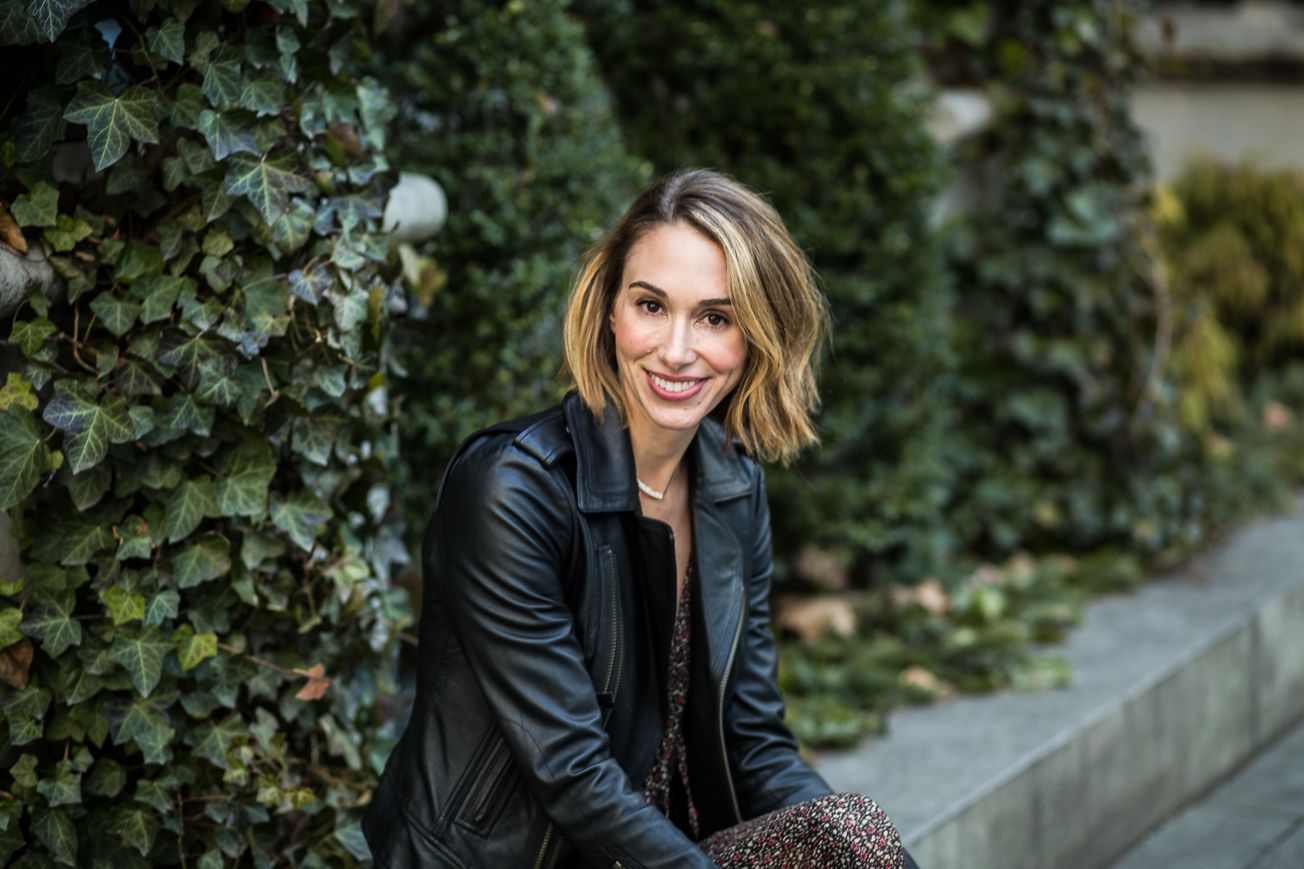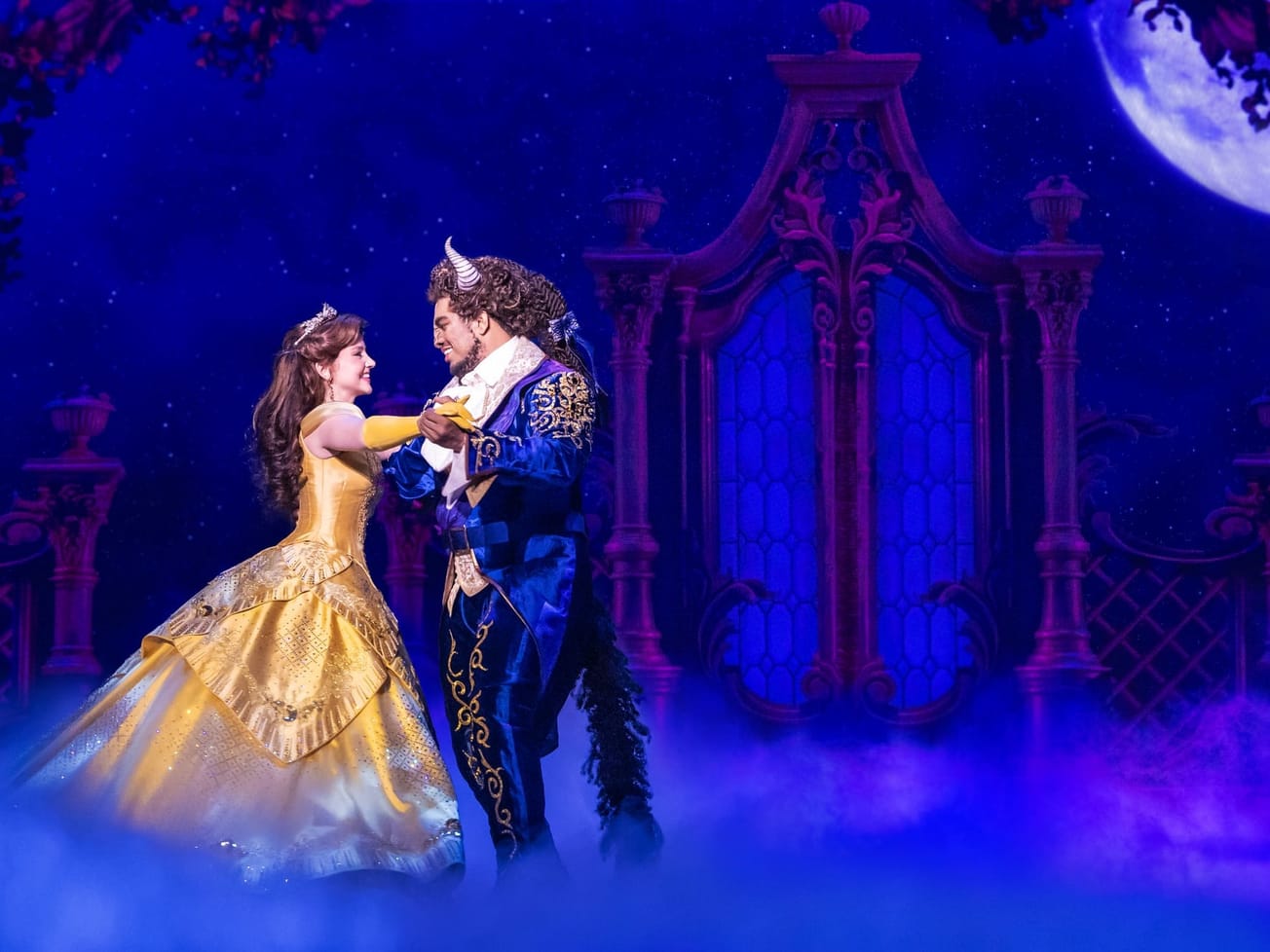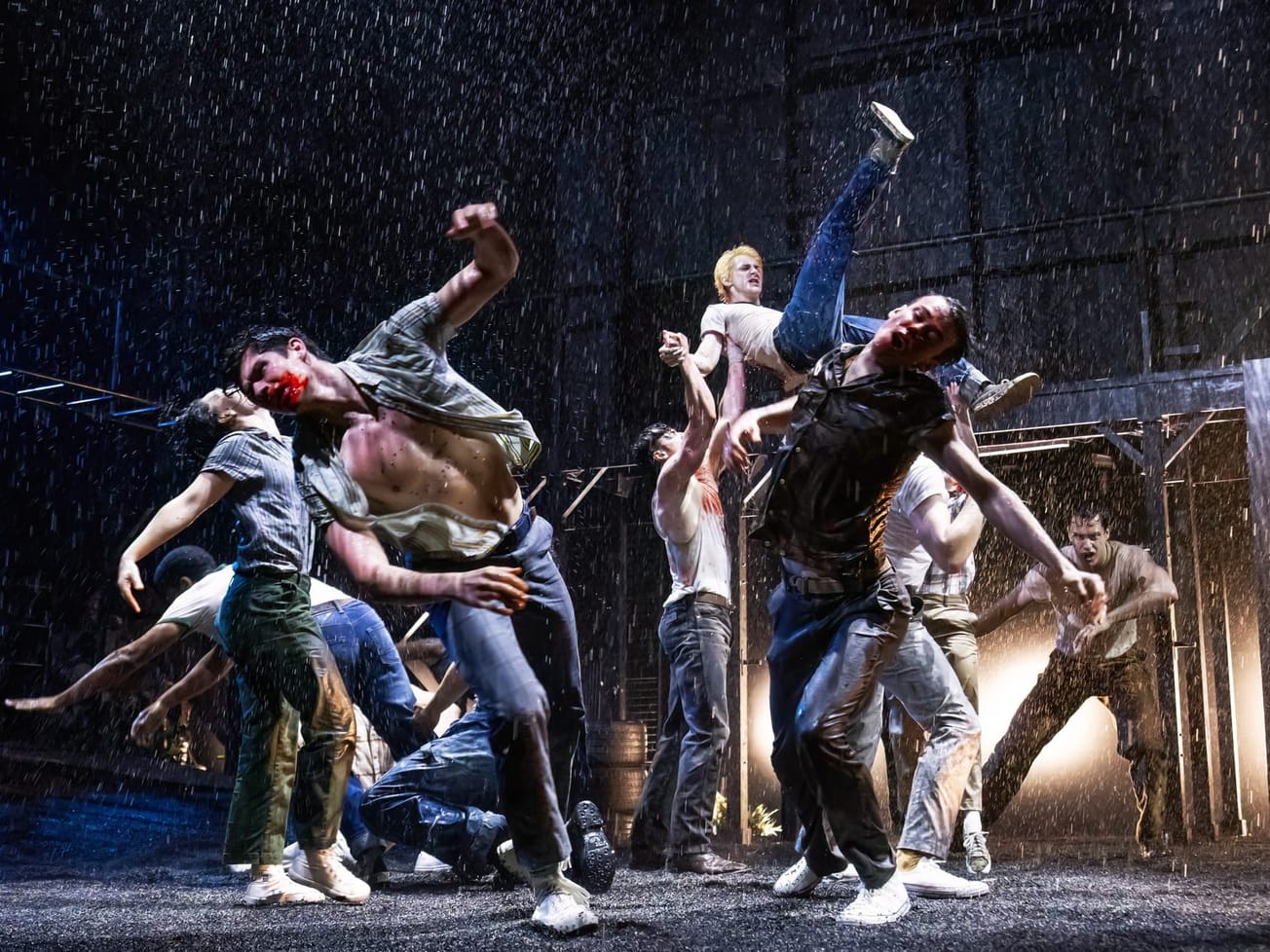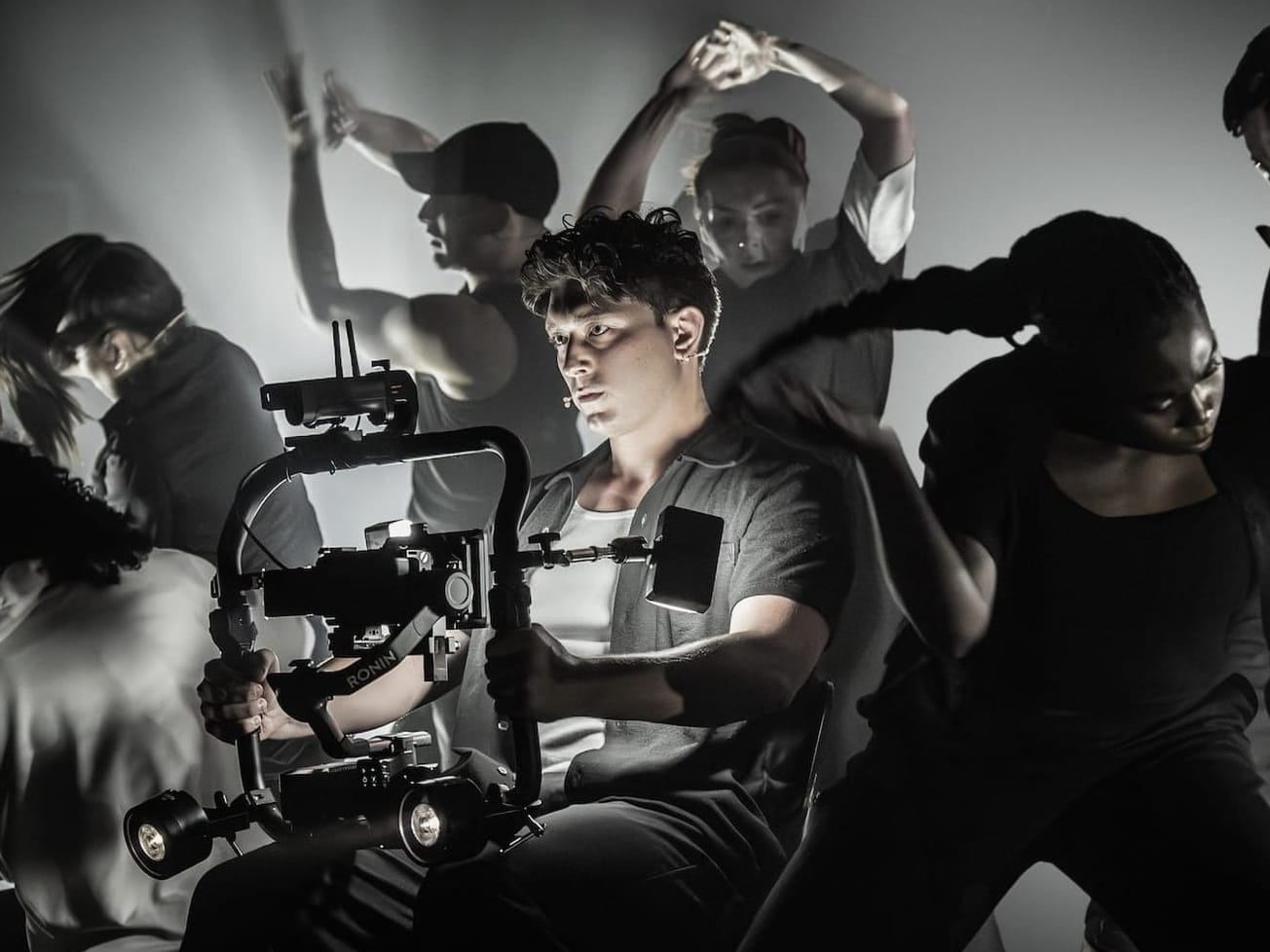While theater die-hards may handpick their shows based on performers or creative teams, Broadway Roulette is catering to a different audience: those who just want to see a show on Broadway, but are not sure which one to choose.
The startup, founded by Elizabeth Durand Streisand, picks shows at random for users that specify a date and whether they want to see a musical or a play. The site is meant for those who are looking for a discount and a bit of spontaneity.
Broadway Roulette recently closed its second funding round of $1.5 million, with backers including Jesse Draper of Halogen Ventures, Randi Zuckerberg, who is also a board member, and Morgan Stanley — Broadway Roulette is a participant in its multicultural accelerator.
Durand Streisand, a former entertainment journalist, came up with the idea in 2015 after having multiple guests visit and ask for her advice on what Broadway show to see. The guests were motivated both by price and by decision-fatigue, prompting Durand Streisand to create something that would choose for them. In turn, the element of surprise has proven a key component of the startup.
“It just feels like they won something,” Durand Streisand said.
On the Broadway Roulette site, which began in earnest in 2016, users have the option of eliminating up to four shows, or six if they pay extra. They later receive a email and text on their selected date with the name of the show.
The tickets offered on the site are all listed between $49 and $59, with an additional $7 service charge that goes to the company, and are located in areas of the theater that may not sell as well, such as the side orchestra or far mezzanine. Still, the Broadway Roulette customers are looking for “what feels like a good deal,” rather than the cheapest seats, Durand Streisand said.
“The idea is to get seats that feel good,” she said.
In the earliest days of the company, Durand Streisand would ask treasurers at the box office to hold tickets for her. Later, Broadway Roulette received approval from the Shubert Organization to purchase tickets through their Broadway Inbound platform, with the ability to negotiate lower rates. The company also has to have formal agreements with each show from which it purchases tickets.
For shows such as “Hamilton,” in which discounted tickets are hard to acquire, Durand Streisand will buy tickets through the normal channels when new batches are released.
The actual manner in which the shows are selected is proprietary to Broadway Roulette.
“It’s a logic-based automation with some human touch,” she said.
Durand Streisand said the idea of Broadway Roulette has been met with some skepticism by the theater community, with part of the concern being about the perception of a having a show in the “discount pile.” She counters that all Broadway shows are available on the site, so it does not shine a spotlight on any particular show.
Zuckerberg, one of the earliest investors in the company, sees Broadway Roulette as a “surprise and delight platform” that can introduce audiences to new shows, akin to the way listeners discover new music on Spotify.
And, as one of few tech startups in the space, it helps bridge a gap that, though improving, still remains in the industry.
“Broadway shows and producers are not really thinking about themselves like tech startups,” Zuckerberg said. “It really is very similar when you look at the timeline, life stages and funding.”
Still, Broadway provides a limited market for expansion, which is something the Morgan Stanley executives helped advise Broadway Roulette on.
“We like the Broadway market,” said Alice Vilma, managing director and co-head of the Multicultural Innovation Lab. But growth in the area is inherently limited, she said, so one step beyond that makes it a more attractive investment.
To that end, the company will be branching out to theater beyond Broadway early next year, with the aim of including date-night experiences such as a drink and then an immersive show or other cultural event.
“One of the things I’m most excited about is what they can do to service the off-Broadway community,” Zuckerberg said.
Durand Streisand also plans to delve into machine-learning, aggregating the data from customers who have seen shows on the platform to learn what other types of shows or experiences they may enjoy. And she plans to keep the momentum going.
“The goal is to grow,” Durand Streisand said.


























































